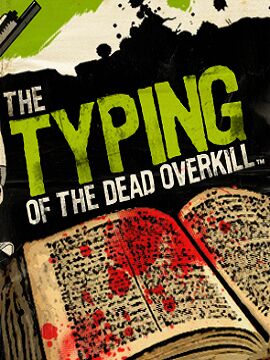Shakespeare in the Changing Curriculum
First published in 1991 Shakespeare in the Changing Curriculum provides a context for debates about the place of Shakespeare within the English curriculum in the 1990s and examines the possibilities in teaching Shakespeare afforded by the application of contemporary critical approaches such as communication cultural and gender studies in the classroom and seminar room. The collection will be of particular to interest to sixth-form students secondary school teachers teacher trainers and students and lecturers in further and higher education.



































